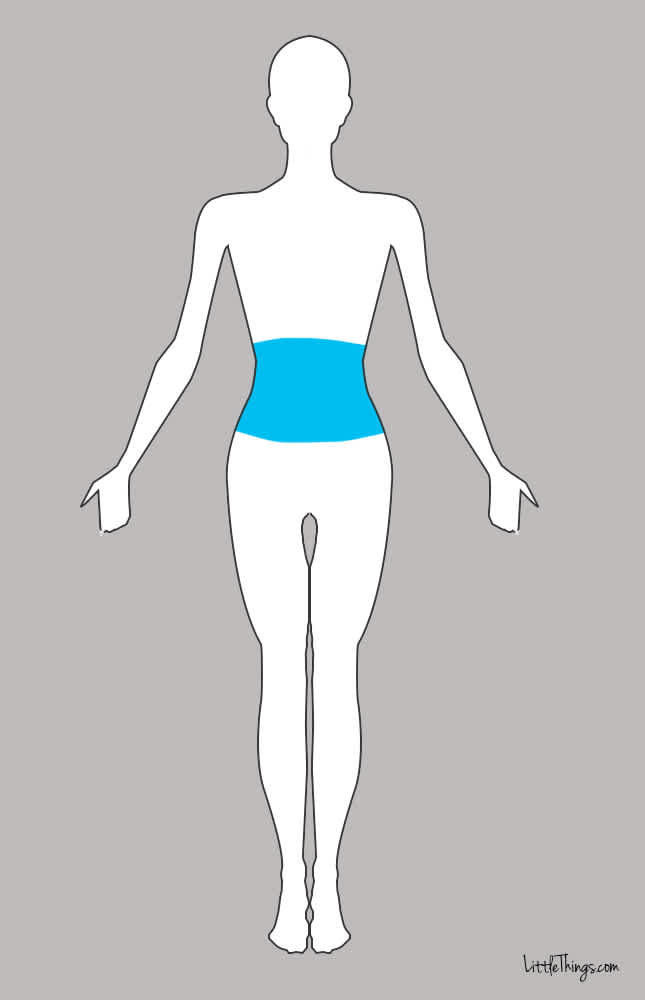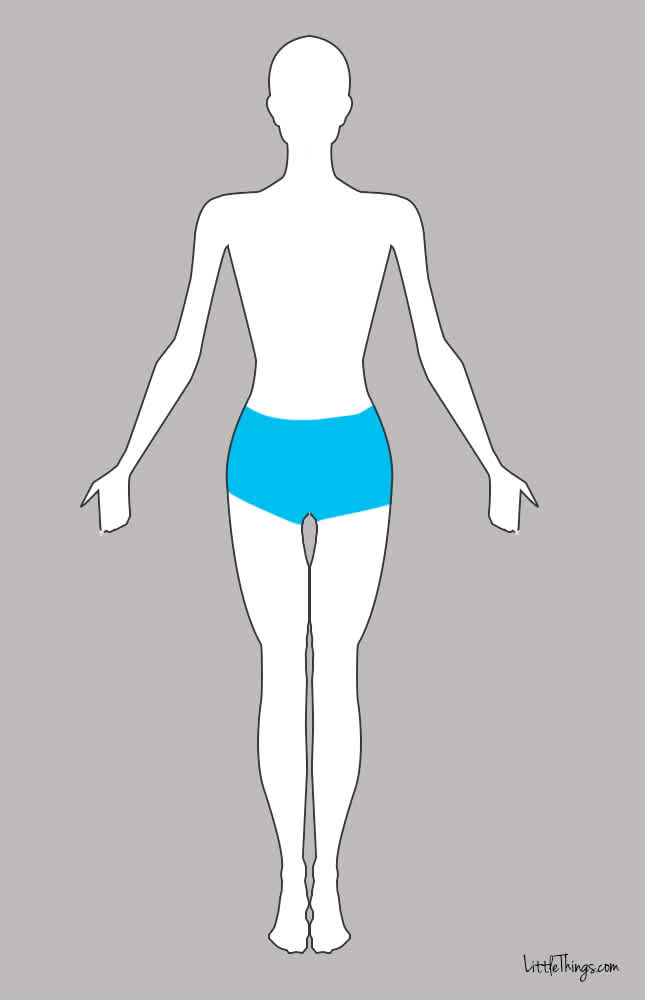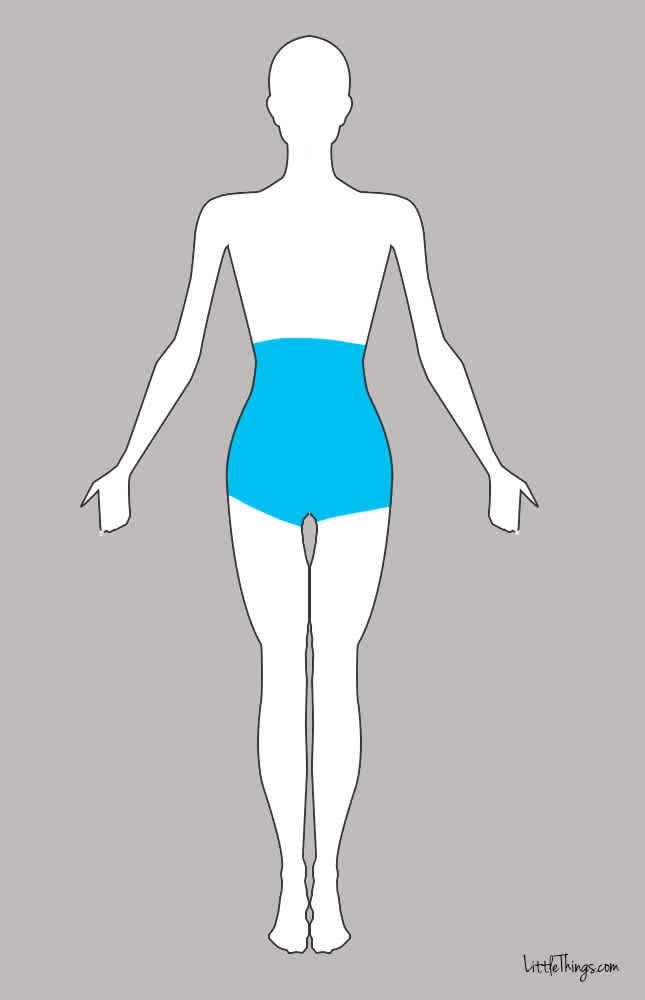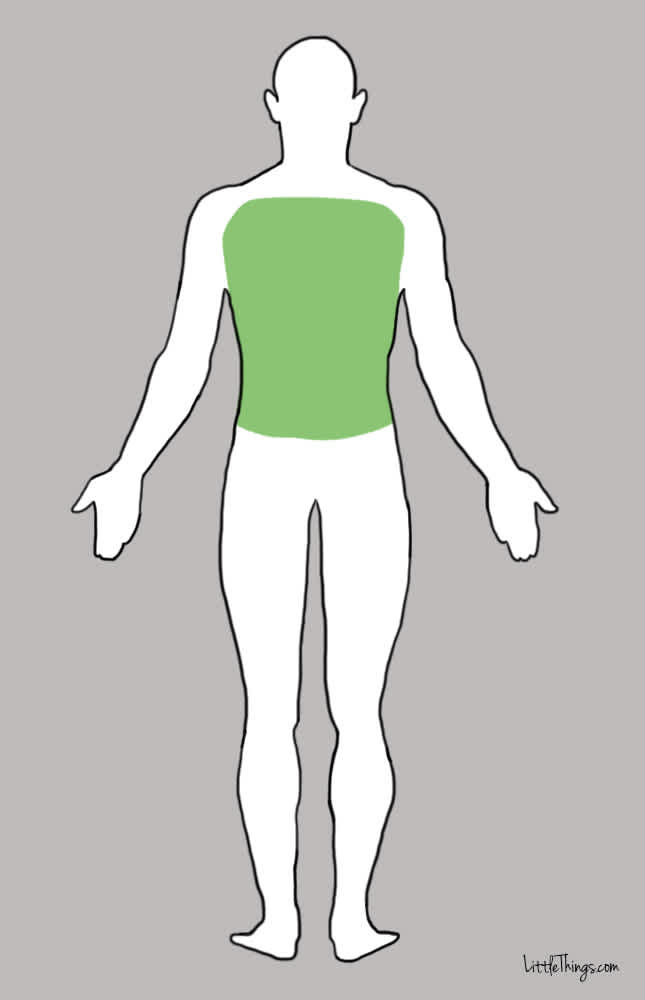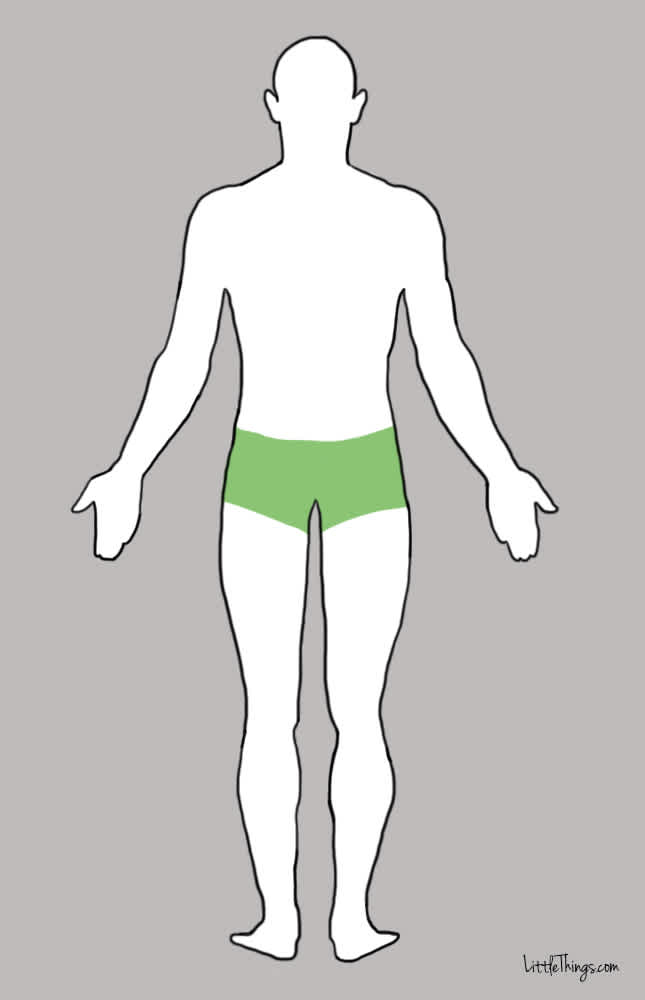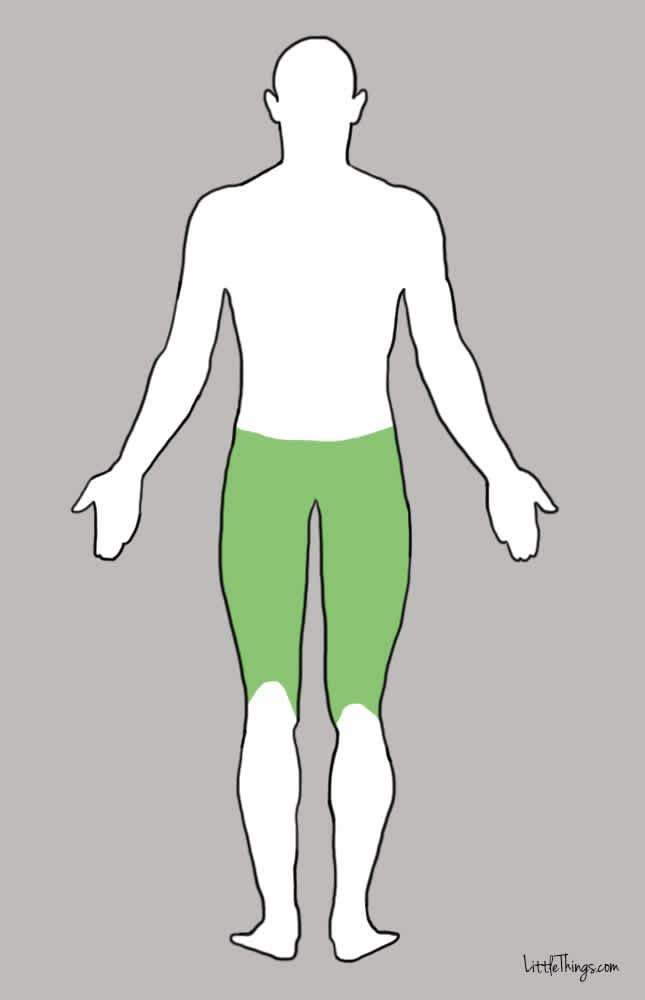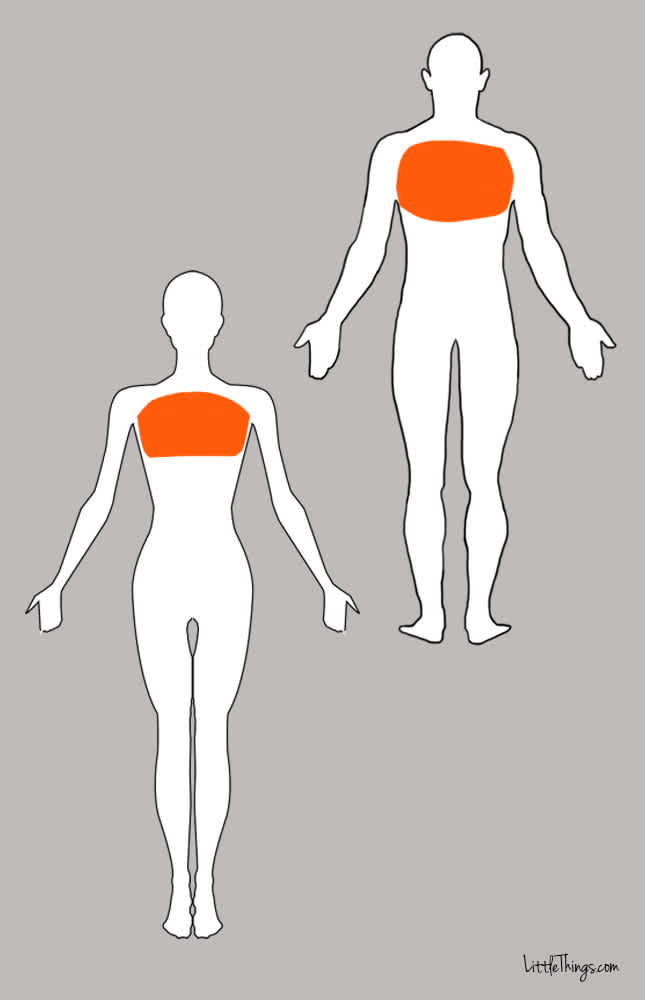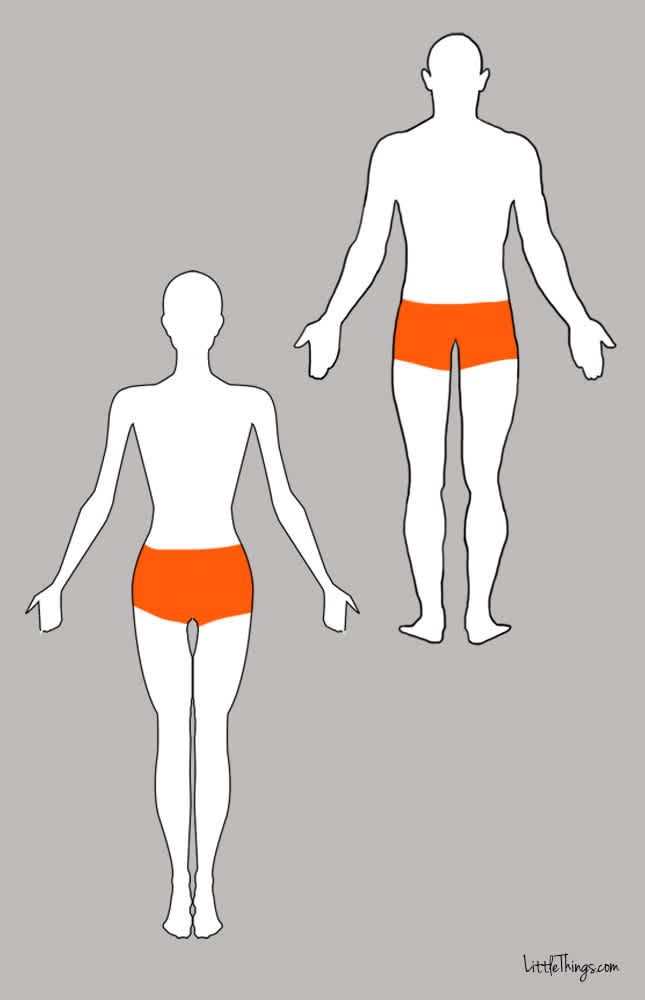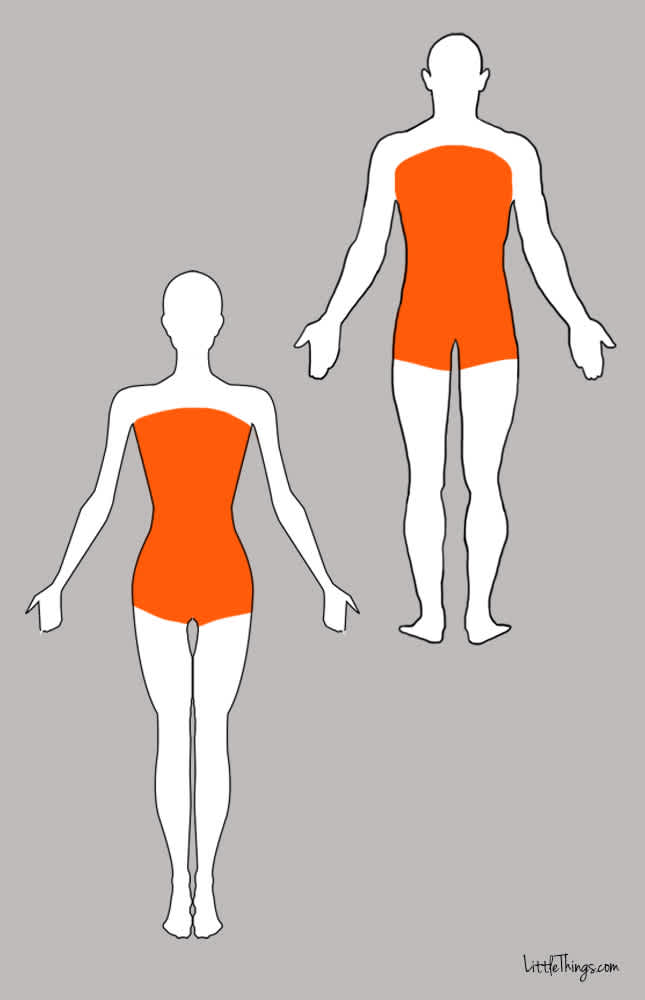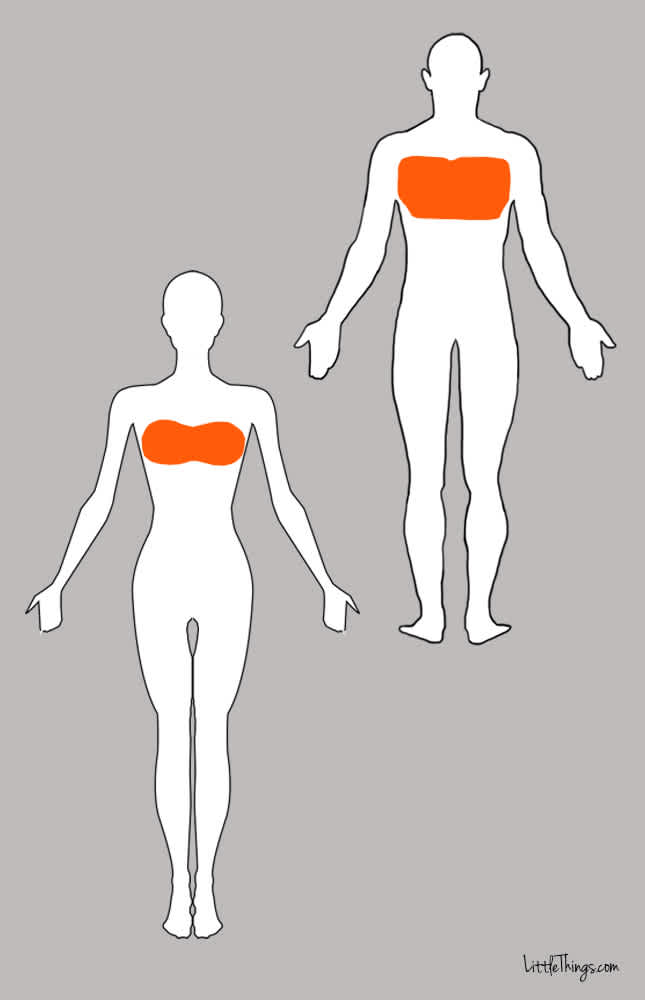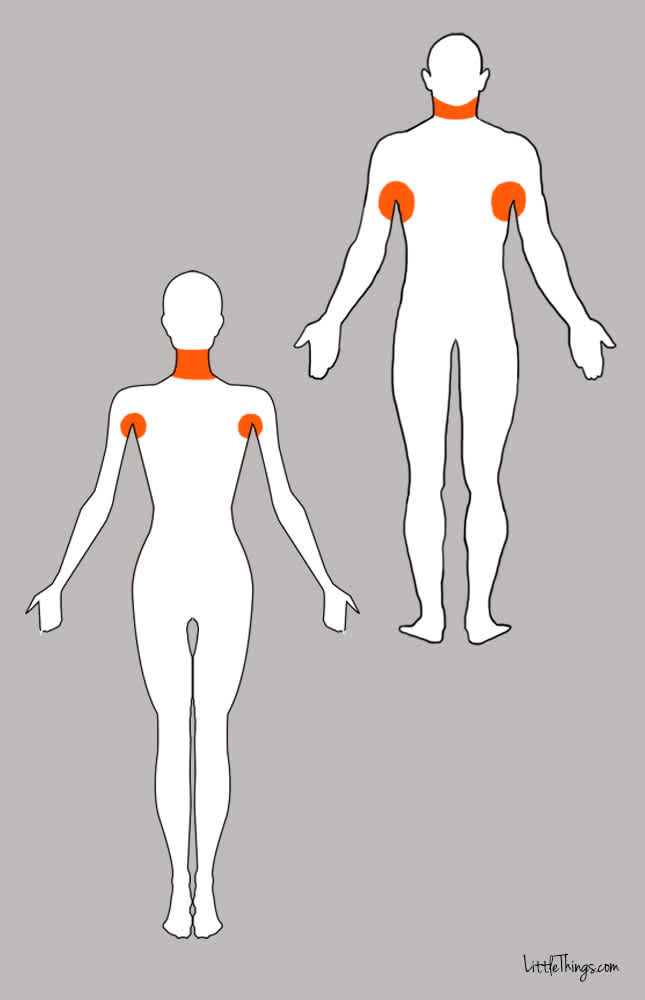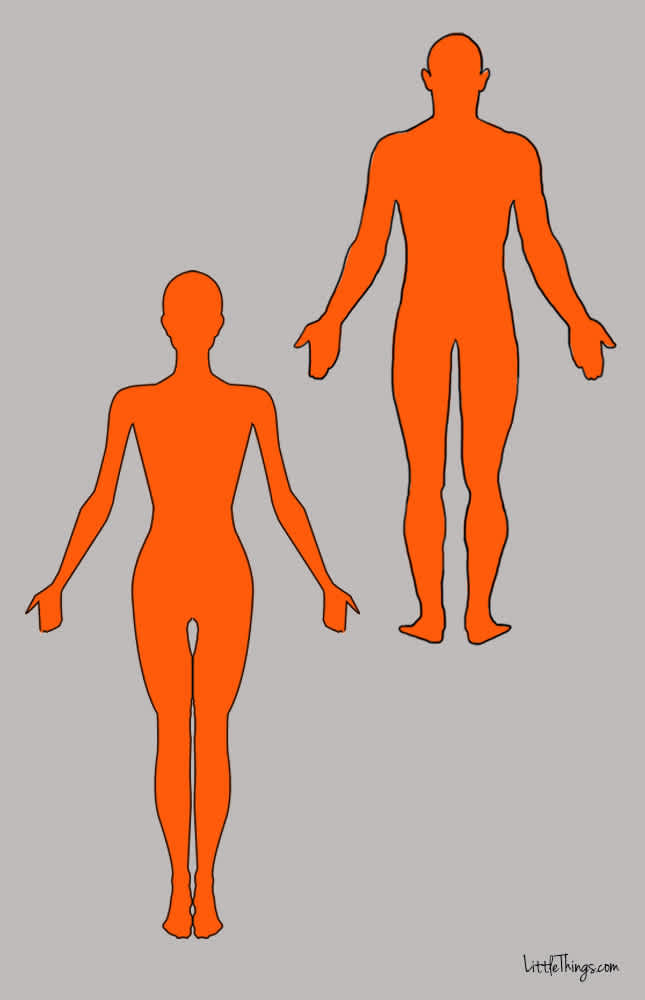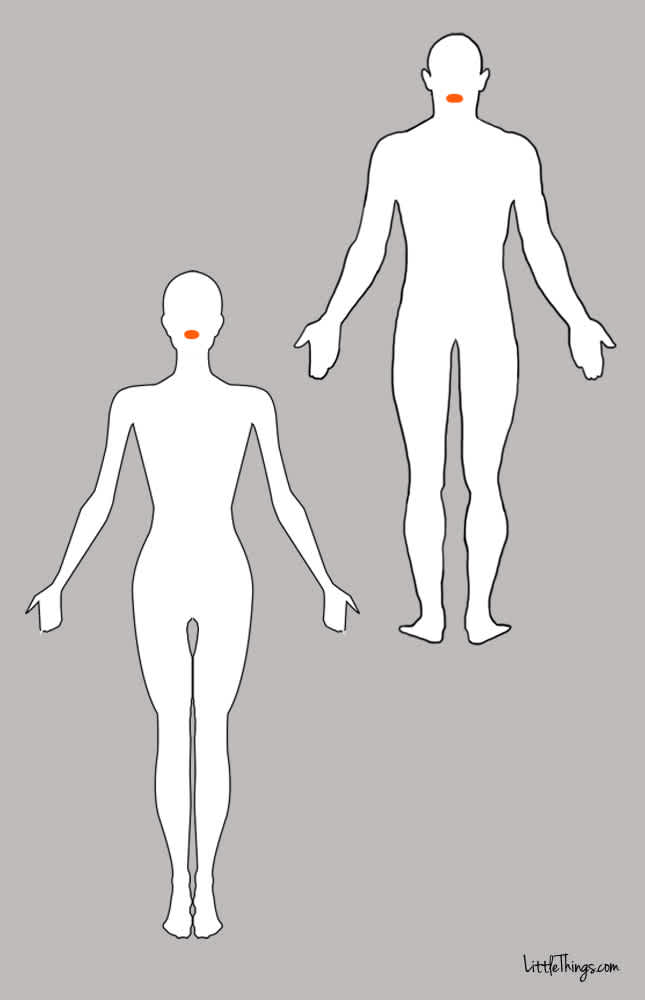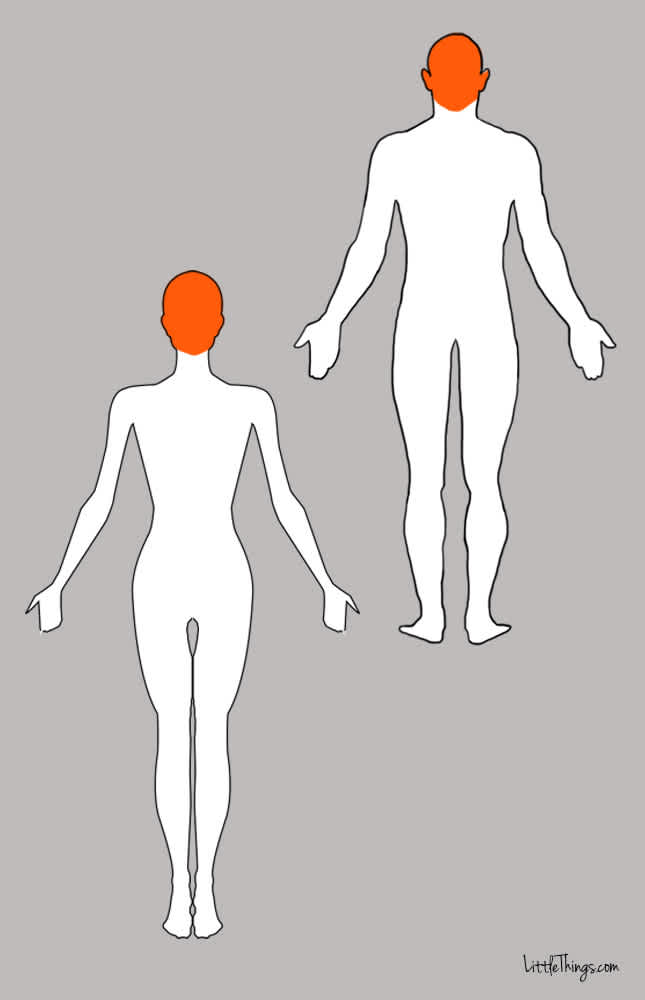The
American Cancer Society estimates that there will be over 1.5 million
new cancer cases in 2015. While this is a high number, medical experts
across the board agree that early detection is crucial to successfully
fighting the disease.
There are some symptoms one should never
ignore, and paying attention to these changes in the body is such an
important part of detecting serious medical issues like cancer. I know
my own body best, so when I saw this list of common cancer symptoms that
can help with early detection, I knew I'd be watching out for them.
Dr. Beth Y. Karlan
of Cedars-Sinai's Cancer Institute says that if you have symptoms that
are "persistent and progressive, meaning you wake up every morning and
feel something and it has you worried — even for two weeks in a row — it
really is worth calling your physician and having it checked out."
Like
a lot of people, I incorrectly thought that breast cancer symptoms only
affected women and I didn't have to worry about them. I was also wrong
in thinking that symptoms associated with colon cancer only affected
men. But I was very surprised to see how many symptoms affected both men
and women, just like in the case of a heart attack. I'm so glad I know
what to look for now!
Scroll through to see which symptoms should
be a red flag for women, men, or for both women and men. While these
symptoms don't always mean cancer is the problem, they are a sign that
you should see a doctor right away.
Bloating in Women
Unexplained and chronic bloating is one of the symptoms of ovarian cancer and should be taken seriously.
Dr. Beth Y. Karlan says, "For years it's been known by the misnomer of the silent killer, and we really need to put that aside. Ovarian cancer clearly has symptoms."
If bloating occurs in conjunction with feeling full too quickly, pelvic or lower back pain, or change in bowel or bladder habits, particularly if it occurs daily for a couple of weeks, you should definitely visit a doctor right away.
Irregular Bleeding or Discharge in Women
Any abnormal bleeding that occurs after menopause or outside of your normal cycle could be a sign of something serious like endometrial or cervical cancer.
Dr. Carolyn Runowicz says, "Any bleeding, staining, little drops on your underwear, or big clots are abnormal and should be immediately investigated."
Likewise, any kind of unusual discharge could be a symptom of an infection or cervical cancer and warrants a trip to the doctor.
Pelvic or Abdominal Pain in Women
Pelvic or abdominal pain can be an indication of something serious, such as ovarian cancer.
This pain, when accompanied by bloating, trouble eating, or urinary problems, necessitates a trip to the doctor.
The American Cancer Society writes, "These symptoms are also commonly cause by benign (non-cancerous diseases) and cancers of other organs. When they are caused by ovarian cancer, they tend to be persistent and represent a change from normal."
Persistent Back Pain in Men
There can be many causes of back pain that are completely unrelated to cancer. However, colon and prostate cancers sometimes show themselves in persistent back pain, so a trip to the doctor is definitely recommended.
Healthline writes, "Back pain is the most common cause of disability, but few men realize that it may be a sign of cancer. Prostate cancer specifically may cause these symptoms within the bones of the hips and lower back."
Certainly, occasional muscle pain should not be cause for panic. But a recurring condition may be a sign of something more serious.
Changes in the Testicles in Men
One of the best ways to catch testicular cancer early is by monitoring your testicles for any changes.
Dr. Herbert Lepor says, "If you notice a lump, heaviness, or any other change in your testicle, never delay having it looked at. Unlike prostate cancer, which grows slowly, testicular cancer can take off over night."
Regular self-exams can be crucial to catching testicular cancer before it spreads.
Pain in the Groin, Hips, or Thighs in Men
In addition to back pain, prostate cancer can show itself by causing pain in the groin, hips, or thighs, and a trip to the doctor is definitely needed.
While prostate cancer can cause discomfort in these areas, testicular cancer can also cause groin pain with an aching feeling in the groin or testicles.
Any kind of chronic pain or swelling could definitely be an indication of something more serious.
Persistent Cough in Women and Men
A cough is generally an indication of something minor, like a cold. However, with a cough that refuses to go away, something more serious could be the cause, such as thyroid, lung, or throat cancer.
Author and research fellow Katriina Whitaker writes, "We know coughs and colds are everywhere at the moment and we're not suggesting everyone with a cough goes to their doctor. But if you have a symptom that doesn't go away, or is unusual, don't be afraid to go to your doctor for advice."
Smoking may also be a cause of the cough. And, as Dr. Beth Y. Karlan points out, "Smoking is the number one cancer killer of women."
Bowel Changes or Problems with Urination in Women and Men
Changes or recurring problems with bowel movements or urination could be signs that something more serious is going on.
Healthline writes, "The occasional bowel problem is normal, but changes in your bowels may indicate either colon or rectal cancer."
Rectal bleeding is also a symptom that requires medical attention. If the changes or problems persist, they definitely should be checked out by a professional.
Sudden Weight Loss in Women and Men
Sudden and unexplained weight loss can have many serious causes, several of which are types of cancer.
The American Cancer Society writes, "An unexplained weight loss of 10 pounds or more may be the first sign of cancer. This happens most often with cancers of the pancreas, stomach, esophagus, or lung."
Stress or thyroid problems could also be the cause of such weight loss, but it is important that a doctor runs blood tests right away to be sure.
Breast Area Changes in Women and Men
Many people think that breast cancer only affects women, but it actually is found in both men and women. Checking yourself for changes or lumps in the breast area is extremely important for everyone.
Dr. Marleen Meyers says, "Men tend to ignore breast lumps because breast cancer isn't on their radar. But 1% of all breast cancers occur in men, although they're usually diagnosed much later."
While it can be one of the deadliest, there are many treatments for breast cancer, so early detection is absolutely vital.
Swollen Lymph Nodes in Women and Men
The lymph nodes are the small glands that are located in several places throughout the body, including the neck and armpits. Swollen lymph nodes could be an indication of a simple cold or sore throat.
However, Dr. Marleen Meyers points out that if the swelling doesn't get better in two to four weeks, you should definitely see a doctor.
If the swelling persists, it could be a sign of something much more serious, such as cancer, so a doctor's visit is key.
Skin Changes in Women and Men
Changes in the skin are extremely important to pay attention to in an effort to spot skin cancer early on.
Anytime the size, shape, or color of a mole or spot on your skin starts to change, you should see a doctor right away. Dr. Marleen Meyers says that you absolutely do not want to wait when it comes to skin cancer.
Early detection is key, and a quick trip to the doctor can be the difference in catching it or not.
Mouth Changes in Women and Men
Changes in the mouth can be a symptom of mouth cancer, particularly if you smoke or chew tobacco. The best way to detect this is by looking for white or red patches in the mouth.
The American Cancer Society writes, "White patches inside the mouth and white spots on the tongue may be [pre-cancerous]. Any long-lasting mouth changes should be checked by a doctor or dentist right away."
Significant Fatigue in Women and Men
Fatigue occurs when you are extremely tired and don't feel better with rest. Frequent or severe fatigue can be an indication that something is very wrong, and you should definitely see a doctor.
The American Cancer Society writes, "It may be an important symptom as cancer grows. But it may happen early in some cancers, like leukemia."
As with all of these symptoms, it is better to be safe than sorry when it comes to significant bouts of fatigue.
Dr. Beth Y. Karlan says, "We don't want to [cause] too much alarm. Cancer is treatable, often it's curable, and clearly having a diagnosis earlier will allow you to have the most benefit possible from current health care advances and to live a life as prior to a diagnosis."
Keeping these symptoms in mind, and seeing a doctor when you detect something wrong, can be extremely effective in the early detection of cancer.
Please SHARE this vital information about early cancer detection with friends and family!
source: littlethings

